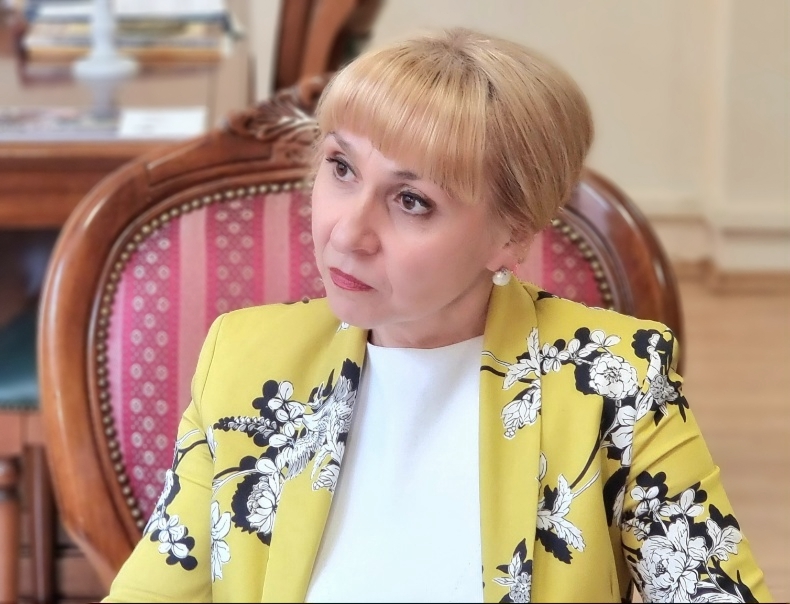News
Ombudsman submits bill to Parliament: criminal liability for torture and degrading treatment

1 August 2023
The Ombudsman Mrs Diana Kovacheva submitted in Parliament a bill amending the Criminal Code. The proposed legislative amendments incriminate degrading and humiliating acts that inflict physical pain or cause suffering.
The changes aim at introducing a new offence criminalizing torture and degrading treatment.
The specific occasion that triggered this legislative proposal is the brutal case from Stara Zagora where a 18-year old girl was sadistically cut with a box cutter by a man, sustaining 24 wounds and 400 stitches. The reason though for the perpetrator not obtaining a just and adequate punishment is the gap in Bulgarian legislation concerning cases of intentionally committing serious assault which while not killing the human being crushes their dignity.
The Ombudsman proposed a new Article 130a: ‘A person who consciously applies force or causes another person physical pain and suffering in a manner or through means that manifestly degrade the victim, oppress them, cause severe stress, emotional pain or feelings of inferiority, helplessness or fear, or renders or holds them in a manifestly degrading state that oppresses them, causes severe stress, emotional pain or feelings of inferiority shall be punished by deprivation of liberty for up to eight years’.
Prof. Diana Kovacheva further proposes different corpus delicti of the offence depending on the perpetrator, victim, or manner of committing the offence.
“I have been fighting for years for the systemic nature of the act as formulated in the Criminal Code to be repealed. According to this, an abuser is subject to a heavier punishment only if the victim has filed three consecutive signals. The Protection against Domestic Violence Act was adopted but alas with substantial compromises. Partner relationships have escaped the remit of the law, thus cases like the most recent one that take place in the context of an intimate relationship remain immune from the punishment associated with domestic violence’, the Ombudsman explains.
Prof. Kovacheva reiterates the need to define violence – physical, psychological, or economic. She calls for mandatory therapy for abusers and compulsory training for police officers to handle victims with empathy.
‘In view of the legislative proposal I have made, I would like to remind that pursuant to the Convention against Torture and Other Cruel, Inhuman or Degrading Treatment or Punishment, the term "torture" means any act by which severe pain or suffering, whether physical or mental, is intentionally inflicted on a person for such purposes as obtaining from him or a third person information or a confession, punishing him for an act he or a third person has committed or is suspected of having committed, or intimidating or coercing him or a third person, or for any reason based on discrimination of any kind, when such pain or suffering is inflicted by or at the instigation of or with the consent or acquiescence of a public official or other person acting in an official capacity’, Pof. Kovacheva stated in the reasons of the bill.
She recalls that the European Court of Human Rights has established as early as the judgments in Myumyun v. Bulgaria (application no. 67258/13) and Gutsanovi v. Bulgaria (application no. 34529/10) that the Bulgarian criminal law fails to provide for torture as a distinctly defined offence despite the recommendations and criticism voiced to this end.
Prof. Kovacheva further recalls that the prohibition of torture and other forms of cruel, inhuman, or degrading treatment is of an absolute nature in the international law and that combating torture and other forms of abuse is enshrined in the EU legal and political framework.


